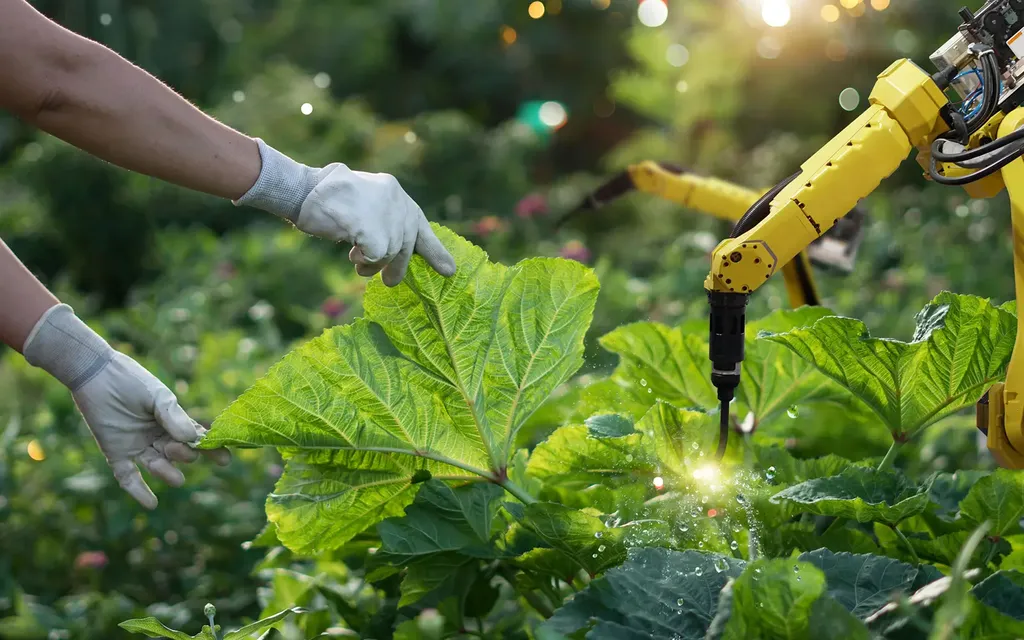In the ever-evolving landscape of modern agriculture, a groundbreaking study has emerged, shedding light on the transformative potential of artificial intelligence (AI) in fruit cultivation. Published in the *Journal of Big Data*, this systematic review, led by Lindsey Colaco of the Symbiosis Institute of Technology, Pune, Campus, Symbiosis International (Deemed University), delves into the intricate world of fruit maturity and quality detection, offering insights that could reshape the agricultural sector.
The study, which employs the PRISMA methodology, explores the critical role of AI in monitoring fruit quality, a task that has traditionally been fraught with challenges. “Accurate monitoring of ripening stages, texture, colour, sweetness, and overall fruit health is essential to meet consumer expectations, reduce post-harvest losses, and improve marketability,” Colaco explains. The research underscores the importance of this monitoring in ensuring food security, nutrition, and economic growth, particularly for high-value crops like cashew fruits.
The systematic review investigates various aspects of fruit quality monitoring, including feature extraction, sensor selection, data collection, and AI-based classification methods. By identifying key research gaps and technical challenges, the study highlights how AI can offer robust and scalable solutions. One of the most compelling findings is the potential of big data frameworks to provide real-time evaluation of fruit quality by combining multimodal inputs from image and sensor technologies.
The commercial implications of this research are substantial. In an industry where post-harvest losses can be devastating, the ability to accurately predict and monitor fruit quality can lead to significant economic benefits. “This research has focused on single-parameter analysis, providing a clear understanding of fruit quality,” Colaco notes. This understanding can translate into better decision-making for farmers, improved marketability for producers, and ultimately, higher-quality products for consumers.
The study also emphasizes the role of AI in precision farming, a concept that is gaining traction in the agricultural sector. By leveraging AI and big data, farmers can make more informed decisions about irrigation, fertilization, and pest control, leading to more efficient and sustainable farming practices.
Looking ahead, this research could shape future developments in the field by encouraging further exploration of AI applications in agriculture. As the technology continues to evolve, the potential for AI to revolutionize the way we grow and harvest our food becomes increasingly apparent. The study serves as a call to action for researchers, farmers, and industry stakeholders to embrace these technological advancements and work towards a more sustainable and prosperous future for agriculture.
In the words of Colaco, “This paper also emphasizes how big data frameworks provide scalable, real-time evaluation of fruit quality by combining several multimodal inputs from image and sensor technologies to aid precision farming.” This vision of a data-driven, intelligent agricultural system is not just a possibility; it is a reality that is within our grasp. As we stand on the brink of this new era in agriculture, the insights provided by this study will be invaluable in guiding us towards a future where technology and tradition come together to create a more sustainable and productive agricultural landscape.

